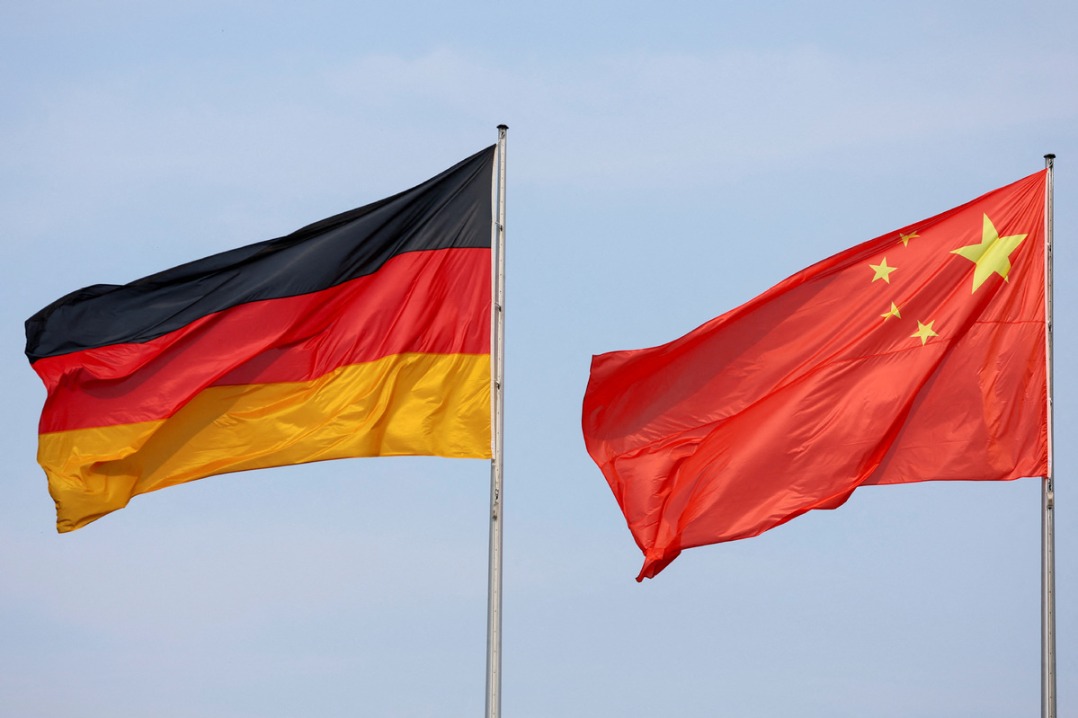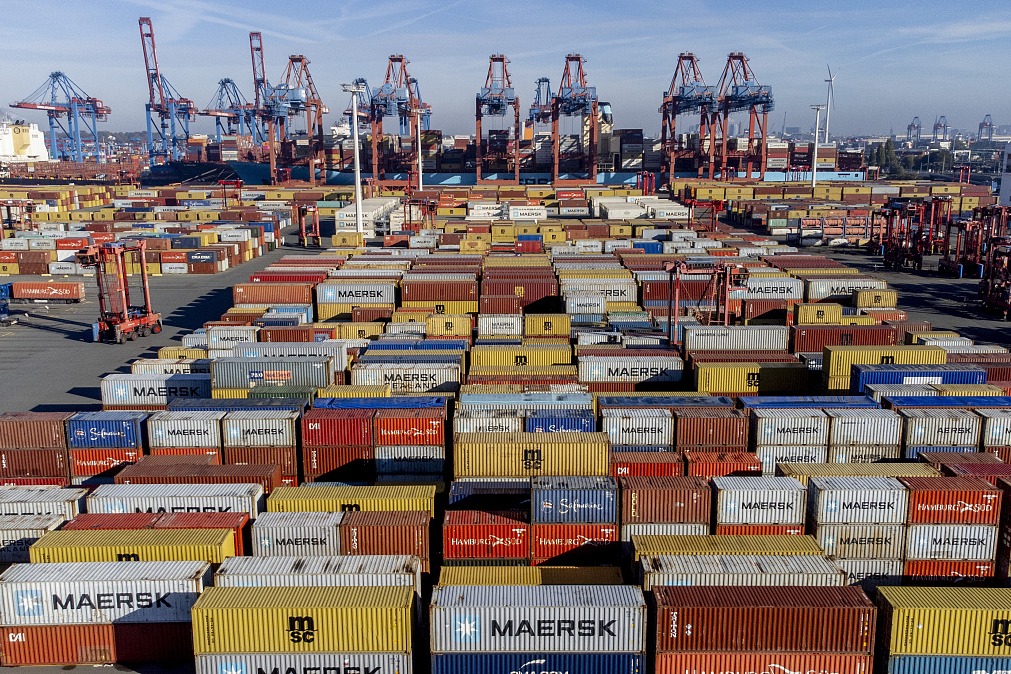Law of the People's Republic of China on National Defence (2009 Amendment) [Effective]

Law of the People's Republic of China on National Defence
(Adopted at the Fifth Session of the Eighth National people's Congress on March 14, 1997; Amended in accordance with the Decision of the Standing Committee of the National People's Congress on Amending Some Laws adopted at the 10th session of the eleventh Standing Committee of the National People's Congress on August 27, 2009)
Contents
Chapter I General Provisions
Chapter II Functions and Powers of State Organs in National Defence
Chapter III The Armed Forces
Chapter IV Defence of the Frontiers, Seas and Air Space
Chapter V Defence research and Production and Orders for Military Supplies
Chapter VI Defence Expenditures and Assets
Chapter VII Defence Education
Chapter VIII Defence Mobilization and State of War
Chapter IX Obligations and Rights of Citizens and Organizations Regarding National Defence
Chapter X Obligations, Rights and Interests of Servicemen
Chapter XI Foreign Military Relations
Chapter XII Supplementary Provisions
Chapter I General Provisions
Article 1 This Law is enacted in accordance with the Constitution for the purpose of building up and Consolidating national defence and ensuring the smooth progress of the socialist modernization drive.
Article 2 This Law is applicable to military activities conducted by the State to prepare against and resist aggression, thwart armed subversion, safeguard the sovereignty, unification, territorial integrity and security of the State, as well as military-related activities in the political, economic, diplomatic, scientific, technological and educational fields.
Article 3 National defence provides the safeguard for the survival and development of the country. The State reinforces its armed forces and the defence of its frontiers, seas and air space, develops defence research and production, makes defence education universal among all citizens, improves the mobilization system and modernizes national defence.
Article 4 The State independently builds and consolidates national defence by relying on its own efforts, practises the strategy of active defence and adheres to the principle of self-defence by the entire people. While concentrating its efforts on developing the economy, the State shall build up national defence and promote the coordinated development of both.
Article 5 The State exercises unified leadership over activities involving national defence.
Article 6 It is the sacred duty of every citizen of the People's Republic of China to defend the motherland and resist aggression. Citizens of the People's Republic of China shall perform their obligations regarding national defence in accordance with law.
Article 7 The State and society respect and render preferential treatment to servicemen, protect their lawful rights and interests and carry out activities in various forms to support the army and give preferential treatment to the families of servicemen. The Chinese People's Liberation Army and the Chinese People's Armed Police Force shall carry out activities to support the government and cherish the people, in order to strengthen unity between the army and the government and between the army and the people.
Article 8 The People's Republic of China, in its military relations with other countries, safeguards world peace and opposes acts of aggression and expansion.
Article 9 The State and society commend and award, in various forms, the organizations and individuals that have made contributions in activities of national defence. Organizations and individuals that, in violation of this Law and other relevant laws, refuse to fulfil their obligations regarding national defence or jeopardize the interests of national defence shall be investigated for legal responsibility according to law.
Chapter II Functions and Powers of State Organs in National Defence
Article 10 The National People's Congress, pursuant to the Constitution, decides on issues of war and peace and exercises other functions and powers in respect of national defence as stipulated by theConstitution. The Standing Committee of the National People's Congress, pursuant to the Constitution, decides on the proclamation of a state of war, and on general or partial mobilization of the nation and exercises other functions and powers in respect of national defence as stipulated by the Constitution.
Article 11 The President of the People's Republic of China, in pursuance of the decisions of the National People's Congress or its Standing Committee, proclaims a state of war, issues mobilization orders and exercises other functions and powers in respect of national defence as stipulated by the Constitution.
Article 12 The State Council directs and administers the building up of national defence and exercises the following functions and powers:
(1) to draw up development programmes and plans for the building up of national defence;
(2) to formulate principles, policies and administrative rules and regulations in respect of the building up of national defence;
(3) to direct and administer defence research and production;
(4) to administer defence expenditures and assets;
(5) to direct and administer national economy mobilization and other related work in the fields of mobilization of the people for defence purposes, civil air defence and defence communications;
(6) to direct and administer the work of supporting the army and rendering preferential treatment to the families of servicemen and the work of making arrangements for demobilized servicemen;
(7) to direct the work of defence education;
(8) to exercise leadership jointly with the Central Military Commission over the building of the Chinese People's Armed Police Force and the Militia, the work of enlistment and reserve service and the administration of defence of the frontiers, seas and air space; and
(9) other functions and powers relating to the building up of national defence as prescribed by law.
Article 13 The Central Military Commission directs all the armed forces of the country and exercises the following functions and powers:
(1) to exercise unified command of all the armed forces of the country;
(2) to decide on military strategies and form concepts of operations for the armed forces;
(3) to direct and administer the building of the Chinese People's Liberation Army, formulate programmes and plans and arrange for their implementation;
(4) to submit bills or proposals to the National People's Congress or its Standing Committee;
(5) to enact military rules and regulations, and issue decisions and orders in accordance with theConstitution and law;
(6) to decide on the system and organization for the Chinese People's Liberation Army and prescribe the tasks and powers and duties of the general departments, major military commands, services and arms and other units at the level of a major military command;
(7) to appoint, remove, train, appraise, award and punish members of the armed forces in accordance with law and military rules and regulations;
(8) to approve the system, development programmes and plans for weapons and equipment of the armed forces, and to work together with the State Council in directing and administering defence research and production;
(9) to administer defence expenditures and assets jointly with the State Council; and
(10) other functions and powers as prescribed by law.
Article 14 The State Council and the Central Military Commission may, when necessary, convene a coordination meeting to solve problems relating to national defence. Implementation of the decisions adopted at the meeting shall be arranged by the State Council and the Central Military Commission within the scope of their respective functions and powers.
Article 15 Local people's congresses at various levels and the standing committees of the local people's congresses at or above the county level shall, within their own administrative regions, see to it that the laws, rules and regulations regarding national defence are observed and executed. Local people's governments at various levels shall, within the limits of power prescribed by law and within their respective administrative regions, be in charge of the work of enlistment, the militia, reserve service, defence education, national economy mobilization, civil air defence, defence communications, protection of defence installations, arrangement for demobilized servicemen and supporting the army and rendering preferential treatment to the families of servicemen.
Article 16 Local people's governments at various levels and military organs stationed in the areas may, when necessary, convene a joint military-civilian meeting to coordinate their efforts to solve problems relating to national defence within their respective administrative regions. A joint military-civilian meeting shall be convened by leading members of the local people's government and the military organ stationed in that area. Participants of a joint military-civilian meeting shall be decided on by conveners of the meeting. Decisions adopted at a joint military-civilian meeting shall be executed by the local people's government and the military organ stationed in the area within their respective limits of power. Decisions on major issues shall be reported respectively to the authorities at higher levels.
MOST POPULAR
- 1 Things to know about China Intl Consumer Products Expo 2024
- 2 China tops FDI confidence index of emerging markets
- 3 China specifies steps to improve payment services in tourist attractions
- 4 Low-altitude economy set to take off
- 5 China's immigration service platform receives over 10m calls from home, abroad
Editors' Picks
 Infographic:
A look at China's economy in Q1 of 2024
Infographic:
A look at China's economy in Q1 of 2024
 Infographic:
China to remove foreign ownership restrictions in value-added telecom services in pilot areas
Infographic:
China to remove foreign ownership restrictions in value-added telecom services in pilot areas
 Infographic:
2023 Sino-German investment and trade in numbers
Infographic:
2023 Sino-German investment and trade in numbers
 Infographic:
China-Germany relations in graphic
Infographic:
China-Germany relations in graphic



